In today's rapidly evolving digital landscape, the fusion of artificial intelligence and influencer marketing is reshaping how brands connect with their audiences. The impact of AI on influencer marketing is undeniable, as it brings unprecedented precision and efficiency to the forefront of influencer strategies. AI-driven influencer marketing is not just a trend; it's a game-changer that empowers brands to harness the power of technology in crafting engaging and authentic campaigns.
With the integration of AI tools for influencers, marketers can now automate various aspects of influencer marketing, from identifying the right influencers to managing and optimizing campaigns. This influencer marketing automation not only saves time but also enhances accuracy, ensuring that brands collaborate with influencers who resonate most with their target audiences. AI in social media marketing leverages advanced algorithms to sift through vast amounts of data, providing insights that were once beyond reach. As a result, AI-powered influencer campaigns are more targeted, efficient, and impactful than ever before.
Machine learning in influencer marketing allows for deep analytics, offering brands a clear picture of an influencer's true reach and engagement potential. This AI analytics for influencers aids in crafting personalized influencer marketing strategies, tailored to meet specific brand goals and audience preferences. As AI technology in digital marketing continues to evolve, the future of influencer marketing with AI promises even more sophisticated approaches and outcomes.
Exploring current AI trends in influencer marketing reveals a shift towards optimizing influencer strategies with AI, which enhances engagement through personalized content delivery and strategic planning. The synergy between AI and influencer engagement is paving the way for more meaningful interactions, fostering deeper connections between brands and consumers.
As we delve deeper into this topic, we will explore how these innovations are transforming the industry and what they mean for the future of digital marketing. The main sections will provide insights into practical applications and case studies demonstrating AI's pivotal role in reshaping influencer marketing strategies.
The Impact of AI on Influencer Marketing Strategies
In the rapidly evolving landscape of digital marketing, the fusion of artificial intelligence (AI) with influencer marketing is a transformative force. The AI impact on influencer marketing has been profound, reshaping how brands connect with audiences through precision and efficiency. This section delves into the pivotal role AI plays in redefining influencer strategies, incorporating recent trends and news updates to offer a comprehensive view.
AI-Driven Precision in Influencer Selection: One of the most significant advantages of AI in social media marketing is its ability to enhance influencer selection processes. Traditional methods often relied on superficial metrics, but AI tools for influencers now analyze vast datasets to identify potential partners who align with brand values and audience demographics. This shift is akin to how the United Nations partners strategically with global events like the Sarajevo Film Festival to promote peace and sustainability, selecting collaborations that amplify their message effectively (UN News).
Enhancing Campaign Management Through Automation: Influencer marketing automation, powered by AI, has revolutionized campaign management. Brands can now automate various tasks, from content scheduling to performance tracking, freeing up resources for more strategic initiatives. This automated approach is not unlike the logistical planning behind major travel ventures such as Genting Dream's new sailing routes, which streamline operations for enhanced customer experiences (Cruise Industry News).
Personalization and Engagement: The Future of Influencer Marketing: Personalized influencer marketing with AI is a burgeoning trend that emphasizes tailored content delivery. AI algorithms analyze consumer behavior and preferences, enabling brands to deliver content that speaks directly to individual interests. This personalized approach fosters deeper connections between brands and consumers, similar to how traditional Chinese medicine companies like those in Fuling are unlocking global markets by aligning products with cultural and consumer trends (China Daily).
Case Studies: AI-Powered Success Stories
Several brands have already demonstrated the successful integration of AI in their influencer strategies. For instance, Samsung's rebranding of its Galaxy series demonstrates strategic use of market insights, comparable to how AI tools can rebrand and reposition influencer partnerships for maximum impact (Samsung Newsroom).
Overcoming Challenges: Navigating Ethical and Practical Considerations: While the benefits of AI in influencer marketing are clear, challenges remain. Ethical considerations around data privacy and transparency must be addressed as brands increasingly rely on AI analytics for influencers. Marketers must ensure compliance with data protection regulations while maintaining trust with consumers.
Looking Ahead: Emerging Trends and Opportunities: As we look towards the future, several emerging trends in AI and influencer engagement are worth noting. The rise of augmented reality (AR) and virtual reality (VR) technologies offers exciting opportunities for immersive influencer campaigns. These technologies can create interactive experiences that engage audiences on a deeper level.
In conclusion, the integration of artificial intelligence in influencer strategies represents a paradigm shift in digital marketing. As AI tools continue to advance, brands have unprecedented opportunities to optimize their campaigns for greater impact and authenticity. By embracing these innovations, marketers can ensure they remain at the forefront of an ever-evolving industry landscape, crafting campaigns that resonate with today's consumers while paving the way for future success.
For more insights into how AI is transforming digital marketing, explore resources from HubSpot and Forrester Research. These platforms offer valuable research and case studies that highlight the latest trends and best practices in AI-driven marketing strategies.


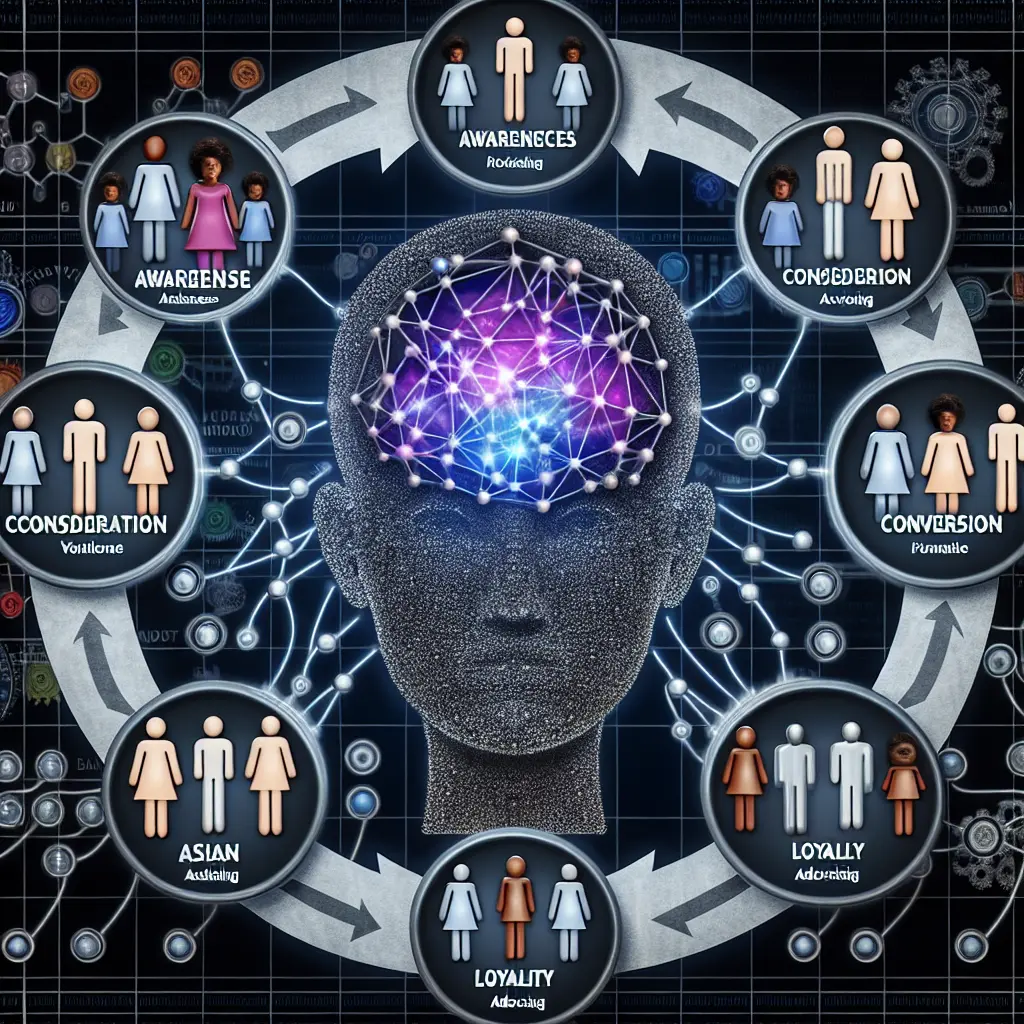

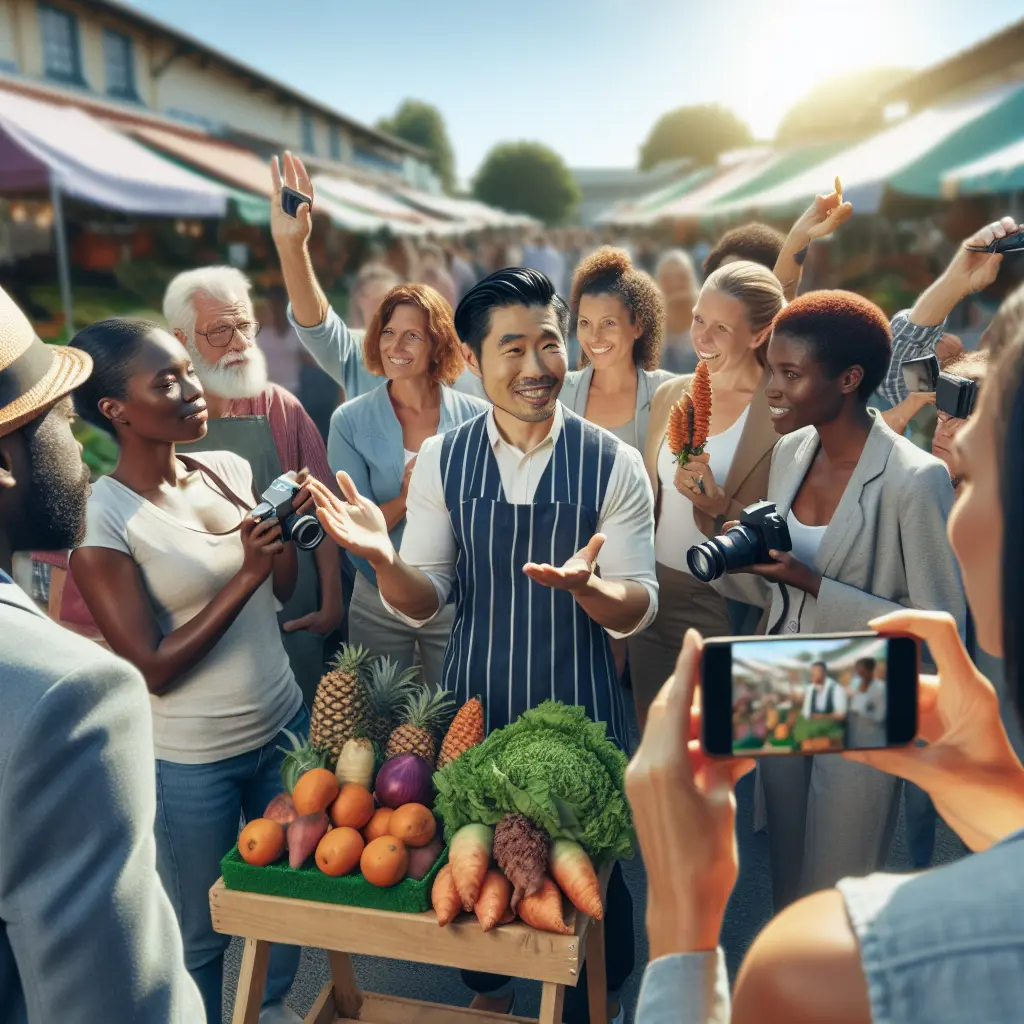
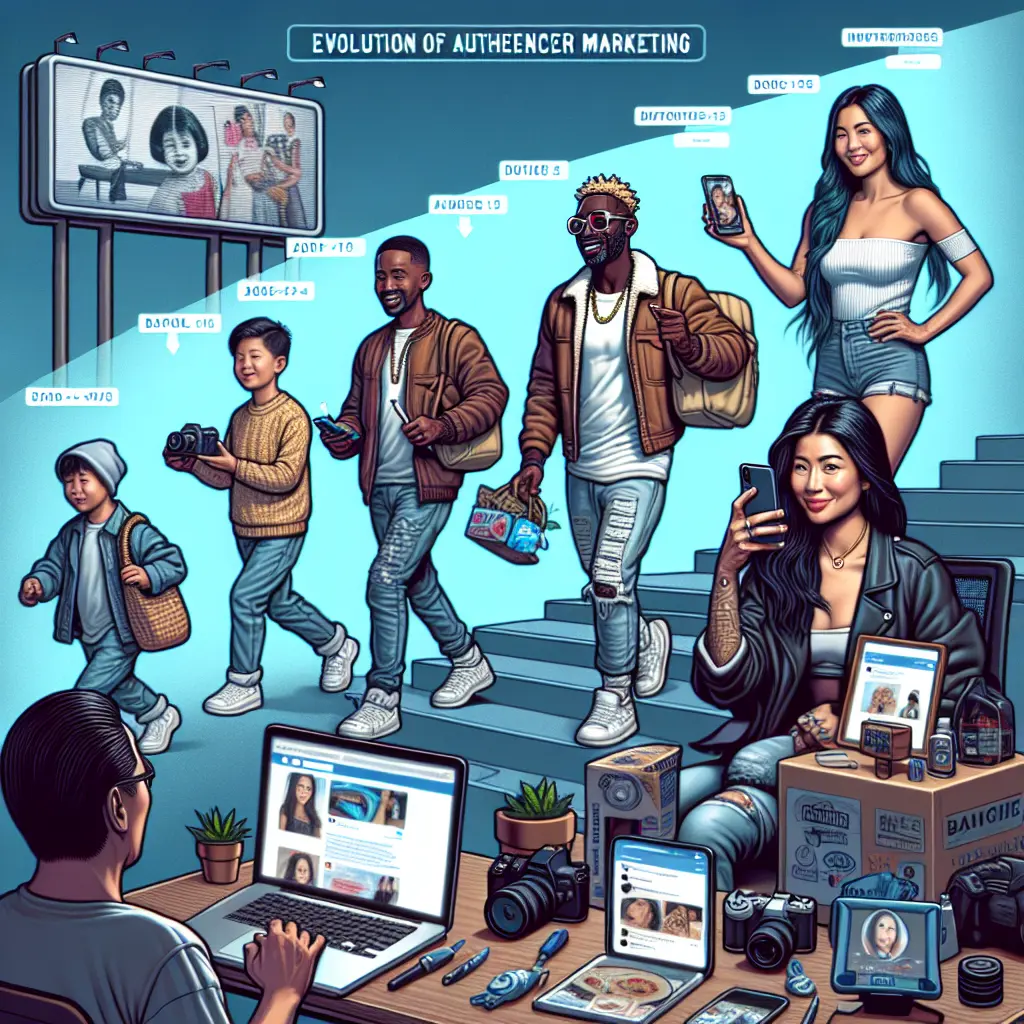

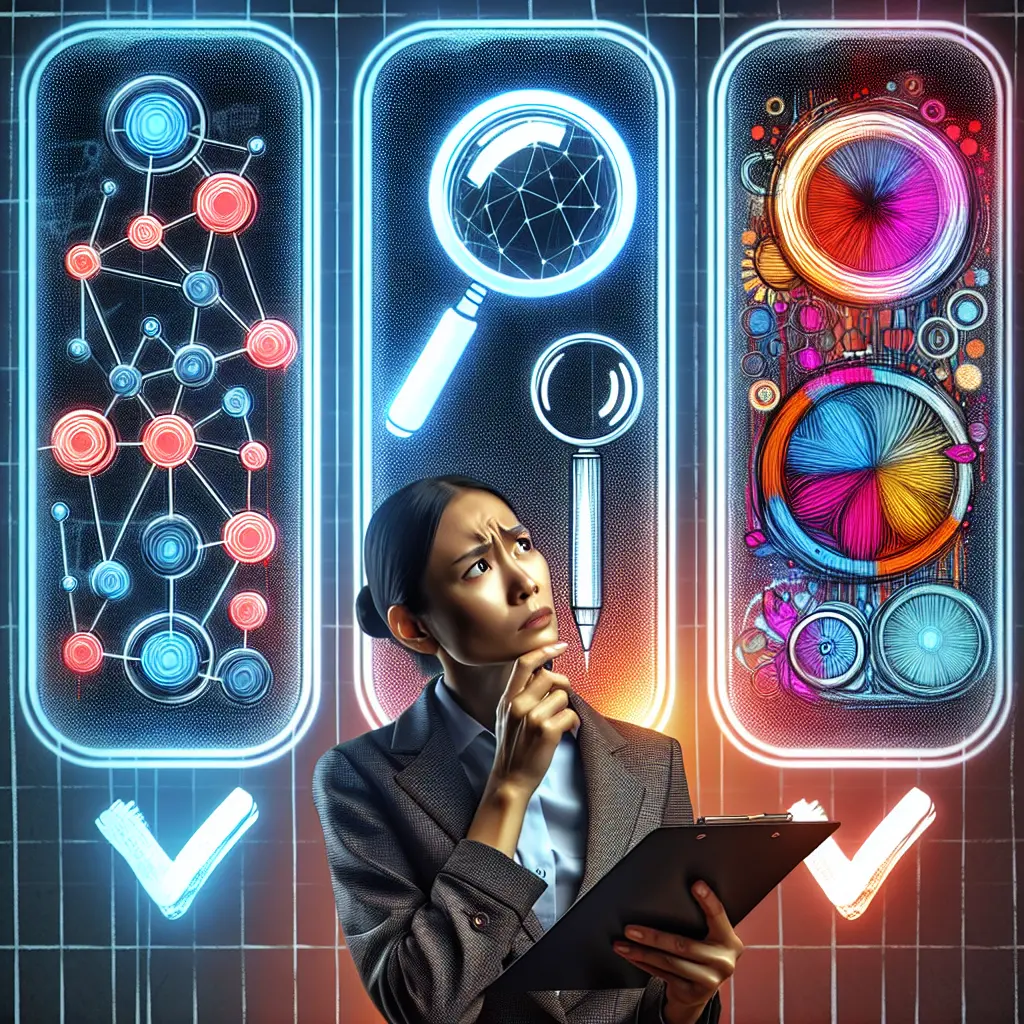
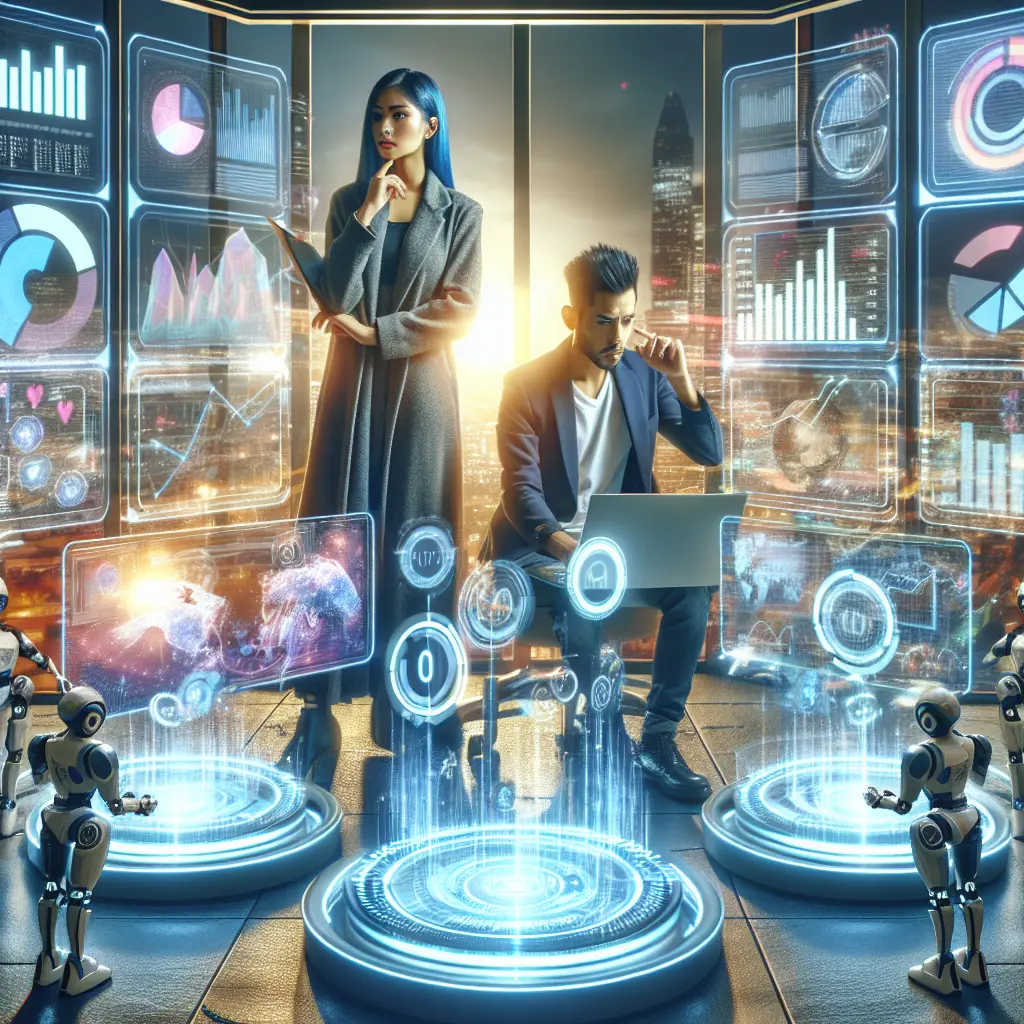
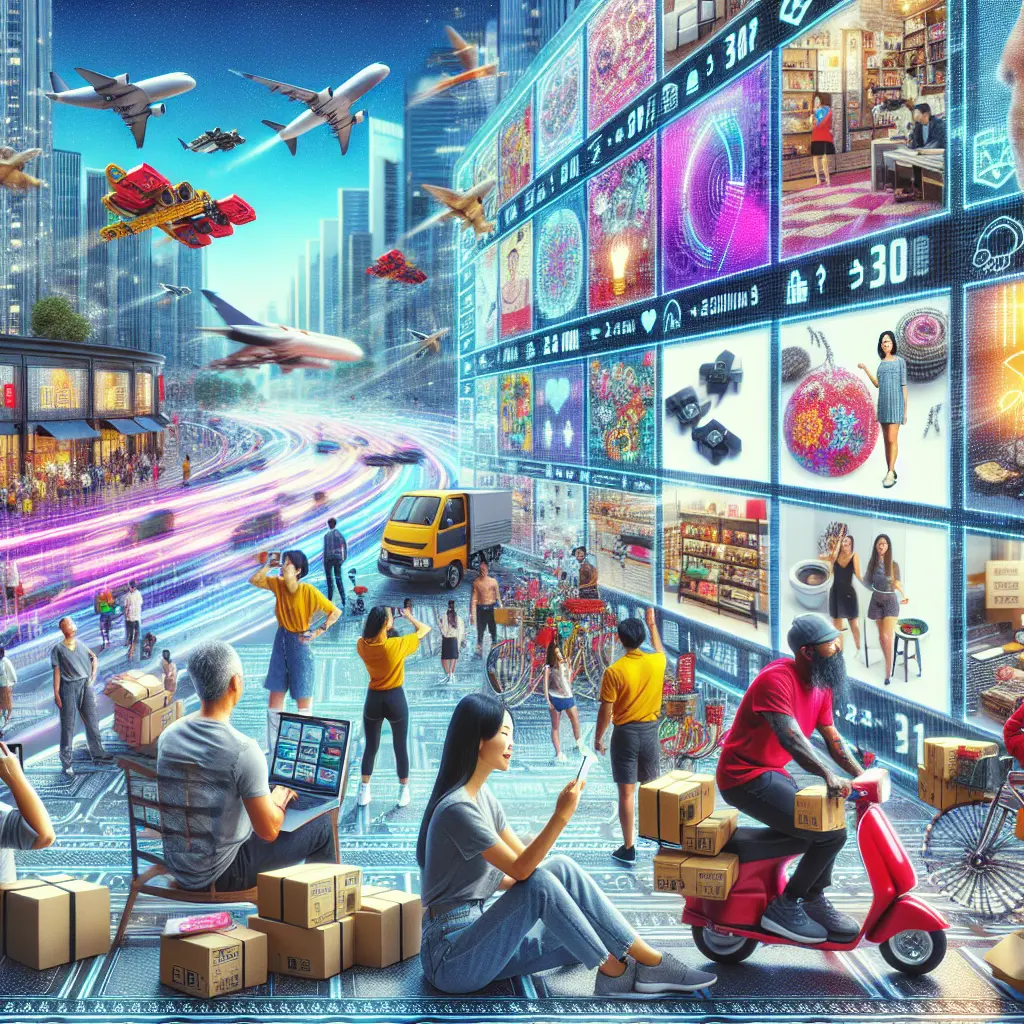
Leave a Comment